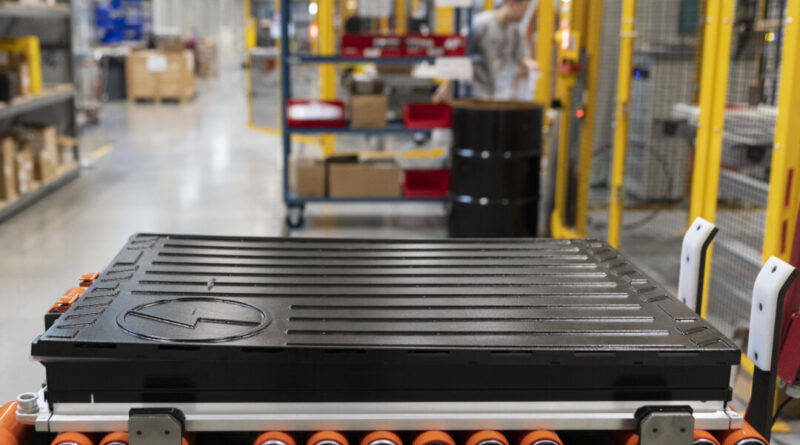Commentary
The U.S. and Canadian governments are backing mineral mining and processing in Canada with funding from two pieces of
U.S. legislation and the Critical Mineral Research, Development, and Demonstration program of Natural Resources Canada.
In a unique move, the U.S. is supporting a Canadian industry through the Defense Production Act of 1950 and the Inflation Reduction Act of 2022 to reduce dependency on China for key metals used in electric vehicles, aerospace, and defense. China currently dominates production with around
98 percent of global finished graphite and
77 percent of finished cobalt for battery anodes.
A Canadian government
press release on May 16 underlined the importance of collaboration between Canada and the United States in developing critical minerals necessary for continental security and clean energy future.
The growth of the EV industry is expected to create numerous jobs, prompting both countries to prioritize job security. Furthermore, a robust North American economy benefits national security by supporting military operations.
Two Canadian companies,
Lomiko Metals and
Fortune Minerals, secured bids to produce graphite and cobalt, respectively, to contribute to critical industries.
Cobalt, an essential component for EV batteries, is derived from copper and nickel mining. The U.S. and Canada aim to meet the demand for defense applications and energy storage through these investments.
Historically, the last U.S. government funding for mineral production in Canada was during
World War II for aluminum production in Quebec to support military needs.
In recent times, China’s dominance in graphite production increased, leading to concerns over future shortages. To address potential supply chain disruptions, the U.S. and Canada are investing in domestic mineral production.
China’s export control on graphite in response to global demand has prompted efforts by automakers like
Tesla and Mercedes to seek alternative sources.
To ensure a steady supply chain for EV battery production, collaboration between the U.S., Canada, the U.K., and Australia has been established. Africa also shows promise in mineral production but North American resources remain crucial.
The U.S. has committed to assisting the purchase of Canadian minerals and enforcing market prices to strengthen the supply chain. Priority will be given to NATO countries for mineral procurement, aiding allied auto makers.
While current funding for Canadian mines is modest, the long-term economic and security benefits outweigh the initial investment. Securing a reliable mineral supply is vital for the growth and stability of the EV industry in North America and allied nations.
Views expressed in this article are opinions of the author and do not necessarily reflect the views of The Epoch Times.



